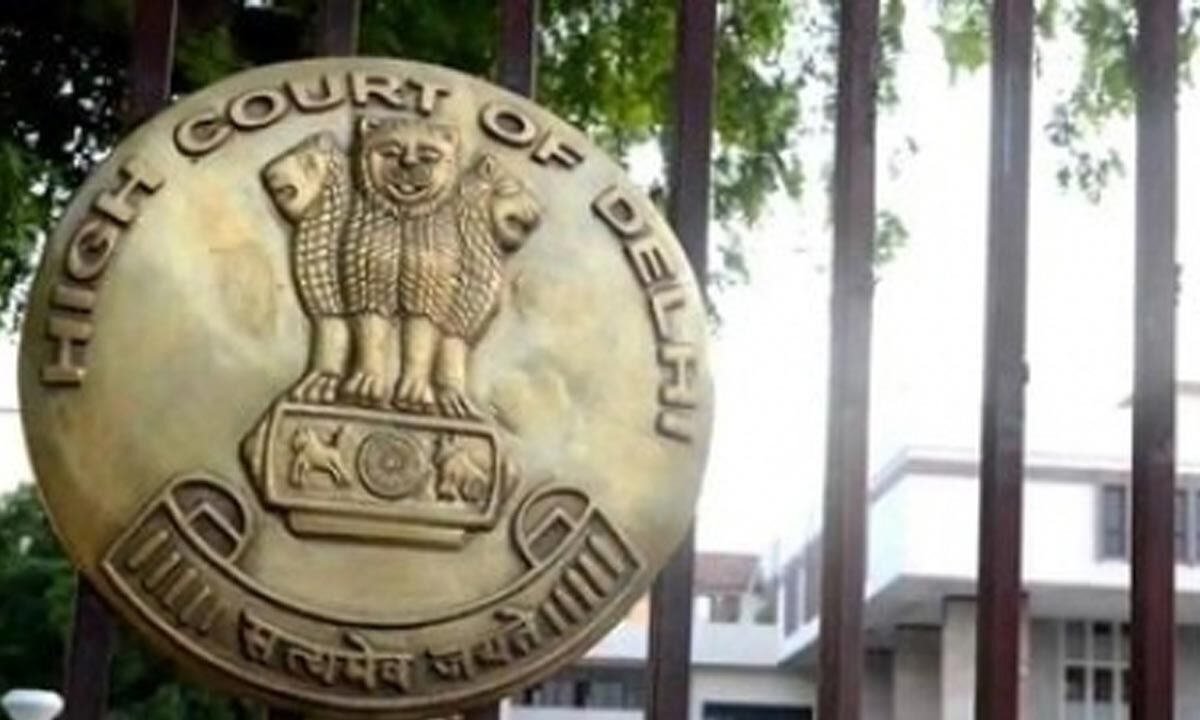New Delhi: The Delhi Significant Court docket on Thursday questioned tech giants Microsoft and Google to go after a review of the solitary-choose bench’s ruling, which experienced directed the search engines to proactively remove non-consensual personal images (NCII) from the web devoid of necessitating particular URLs.
The organizations experienced argued that implementing this kind of directives is technologically unfeasible and exceeds the present legal framework.
A division bench of Performing Chief Justice Manmohan and Justice Manmeet Pritam Singh Arora underscored the importance of presenting info to the one judge by way of a evaluation process.
It also confident that if Microsoft and Google keep on being dissatisfied with the solitary judge’s conclusion, they could look for revival of their appeals.
Furthermore, the bench prolonged a window of two weeks for submitting the evaluate, noting that delays in submission would not be grounds for dismissal.
Senior advocates Arvind Nigam and Jayant Mehta, symbolizing Google and Microsoft, respectively, argued that the directions issued by the solitary choose surpassed the abilities of their present-day know-how. They contended the obstacle of employing steps further than their existing capacities, particularly in quickly pinpointing and removing material without the need of precise URLs.
Both equally the counsel explained that though technology is evolving, the existing capabilities of their lookup engines do not align with the directives issued by the court docket. They acknowledged ongoing efforts to increase technological innovation but claimed that it stays imperfect at current.
The appeals by Microsoft and Google obstacle a judgment sent by Justice Subramonium Prasad on April 26.
Justice Prasad had cautioned the social media intermediaries that they threat losing their legal responsibility defense if they fail to adhere to the timeframe specified beneath the Info Technology Principles for taking away non-consensual personal information.
He experienced said that search engines have the vital engineering to get rid of NCII content devoid of demanding victims to frequently request the court’s intervention, and simply cannot declare helplessness in taking away or disabling entry to backlinks that contains unlawful content.
It was argued that the one judge’s reliance on Meta’s instrument for written content elimination is misplaced, as Bing, Microsoft’s look for engine, does not host any information.
Mehta experienced contended that complying with the court’s order to proactively search for and clear away these types of information throughout the databases is not possible given current technological innovation constraints. He also pointed out the impracticality of deploying Synthetic Intelligence (AI) tools to execute the directives, as AI would struggle to differentiate in between consensual and non-consensual illustrations or photos.
